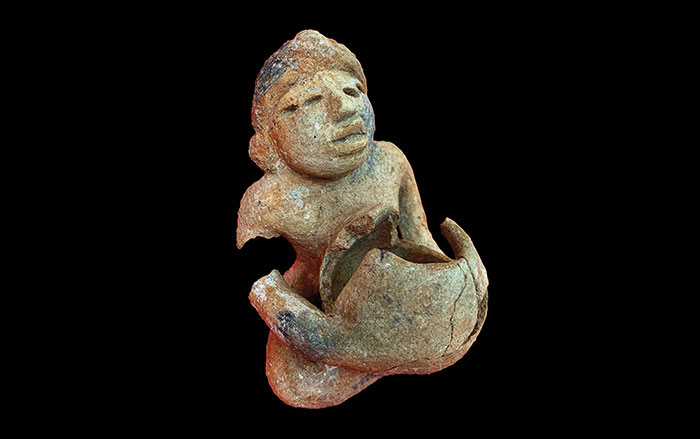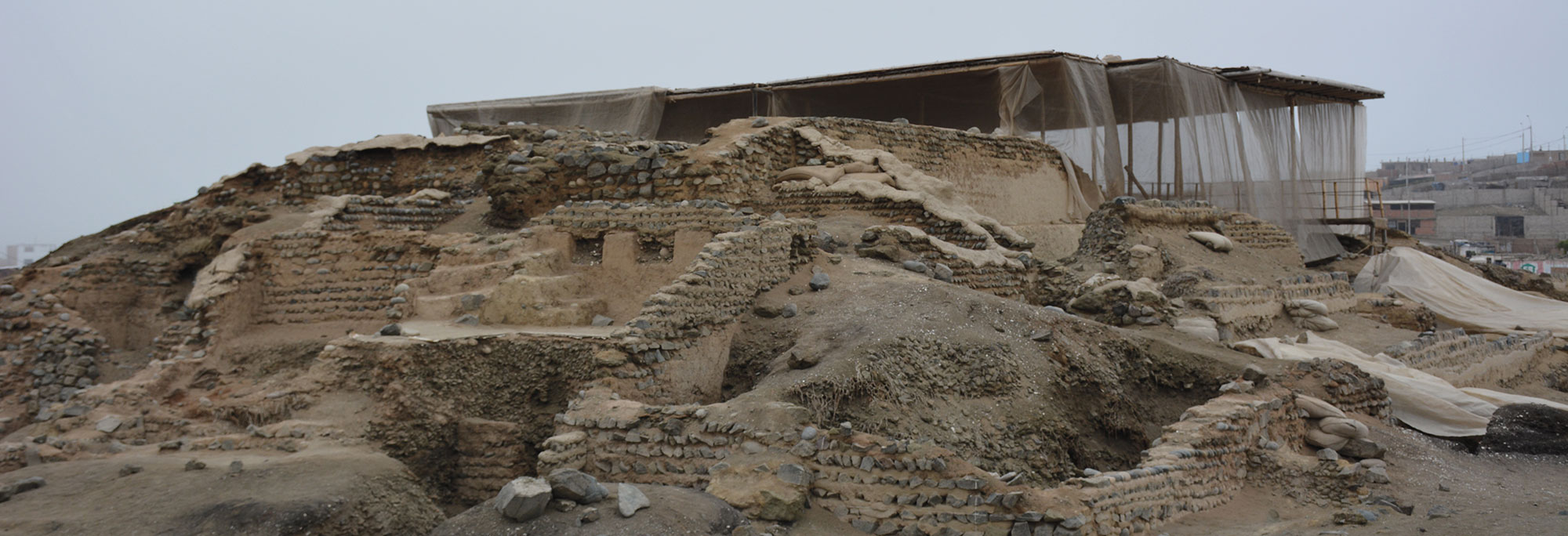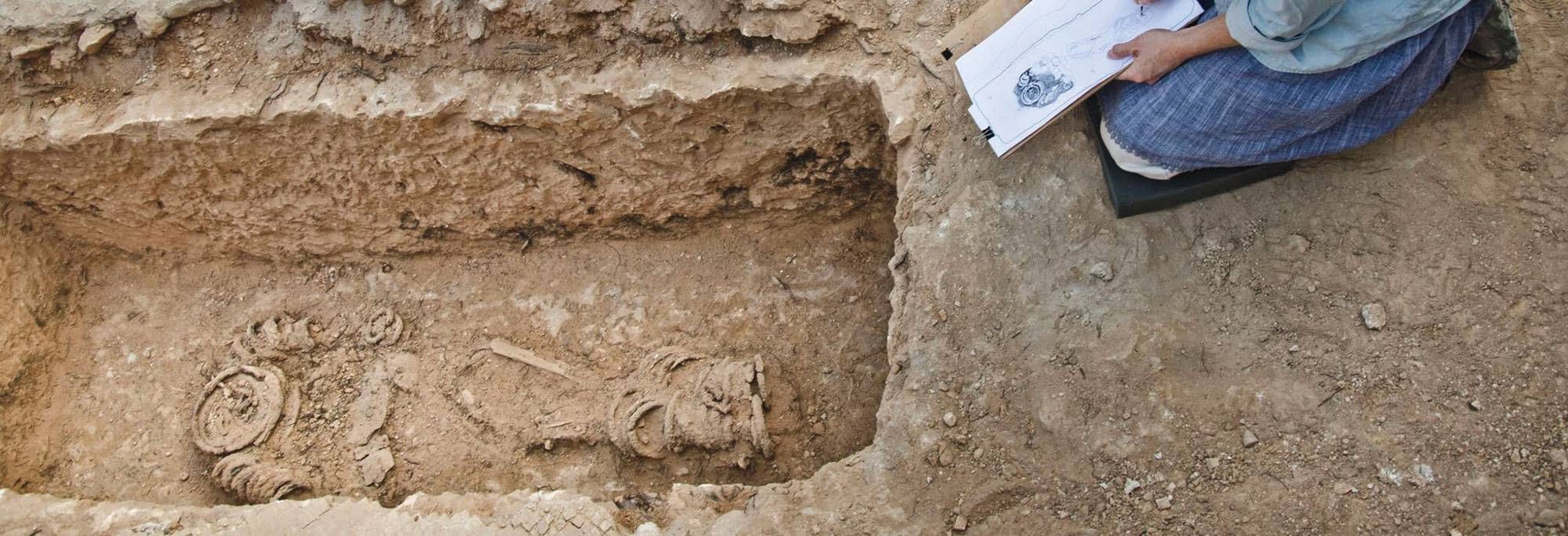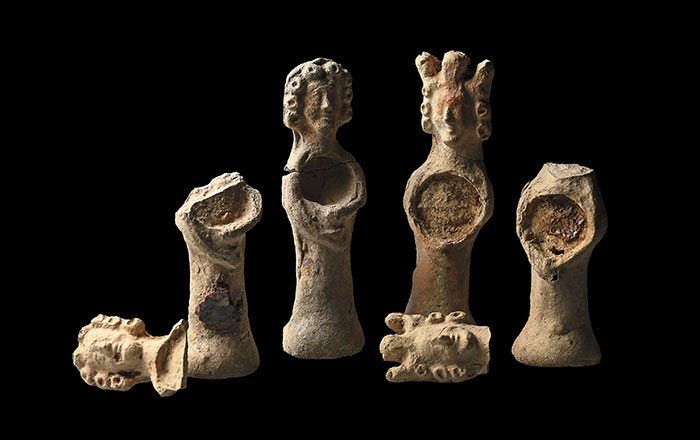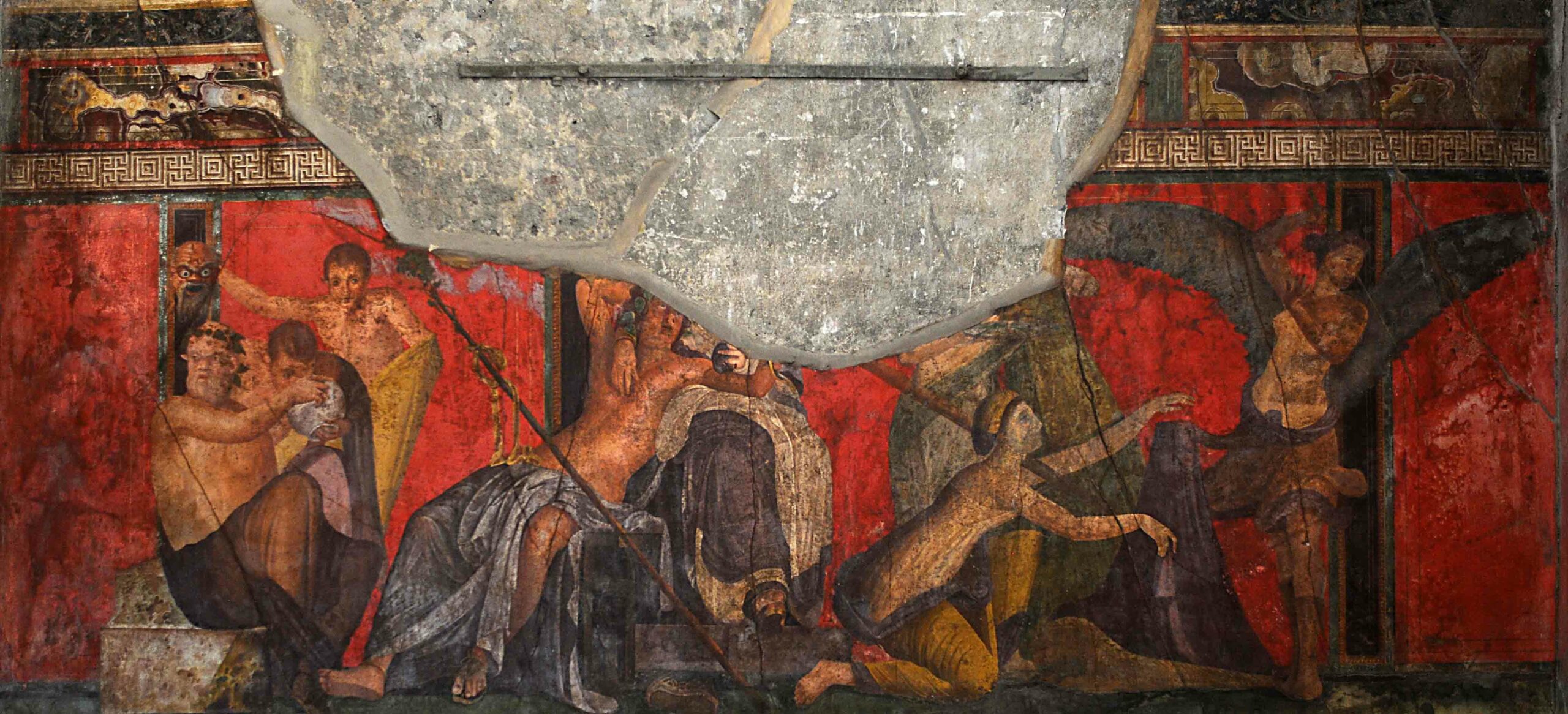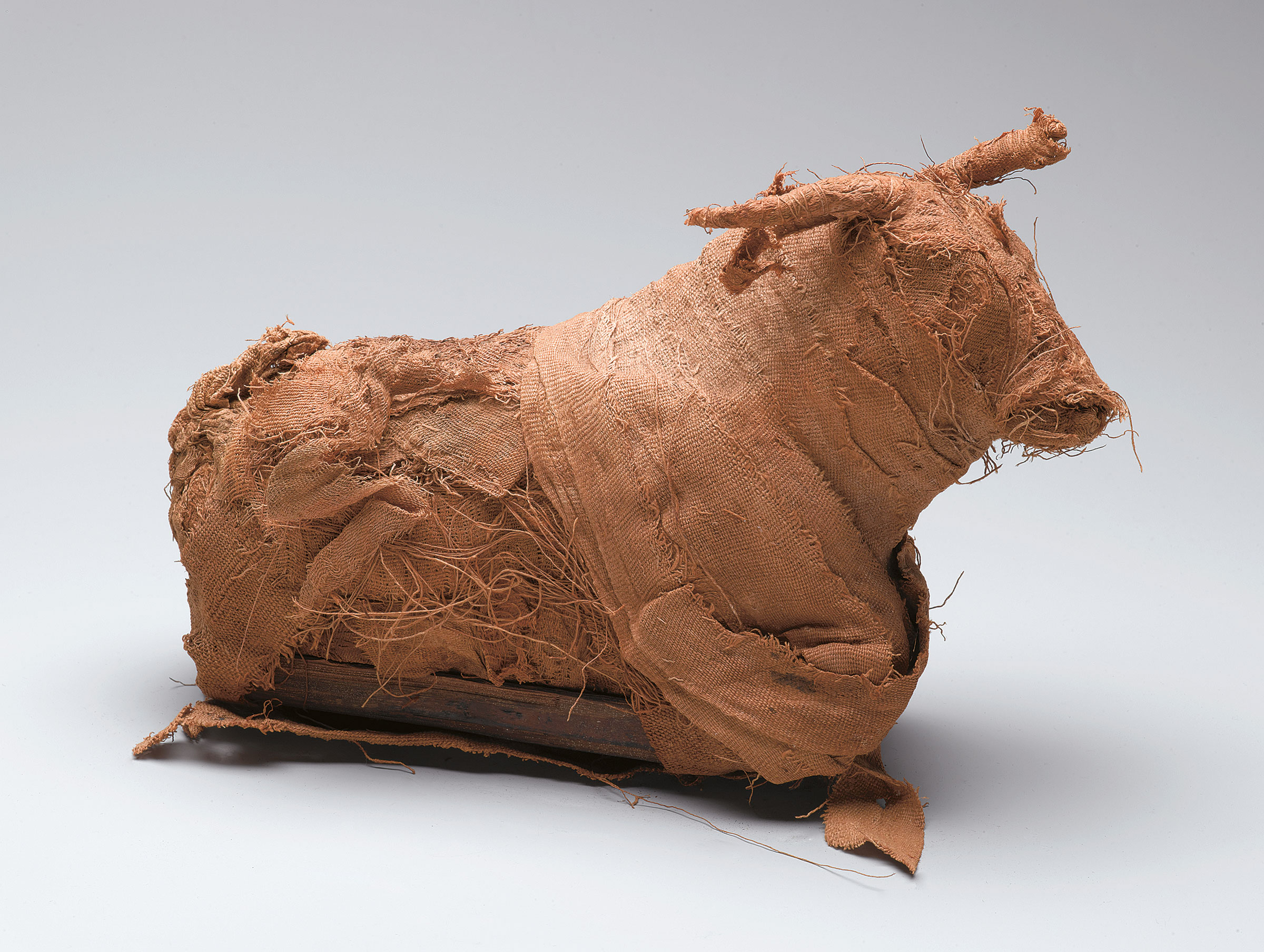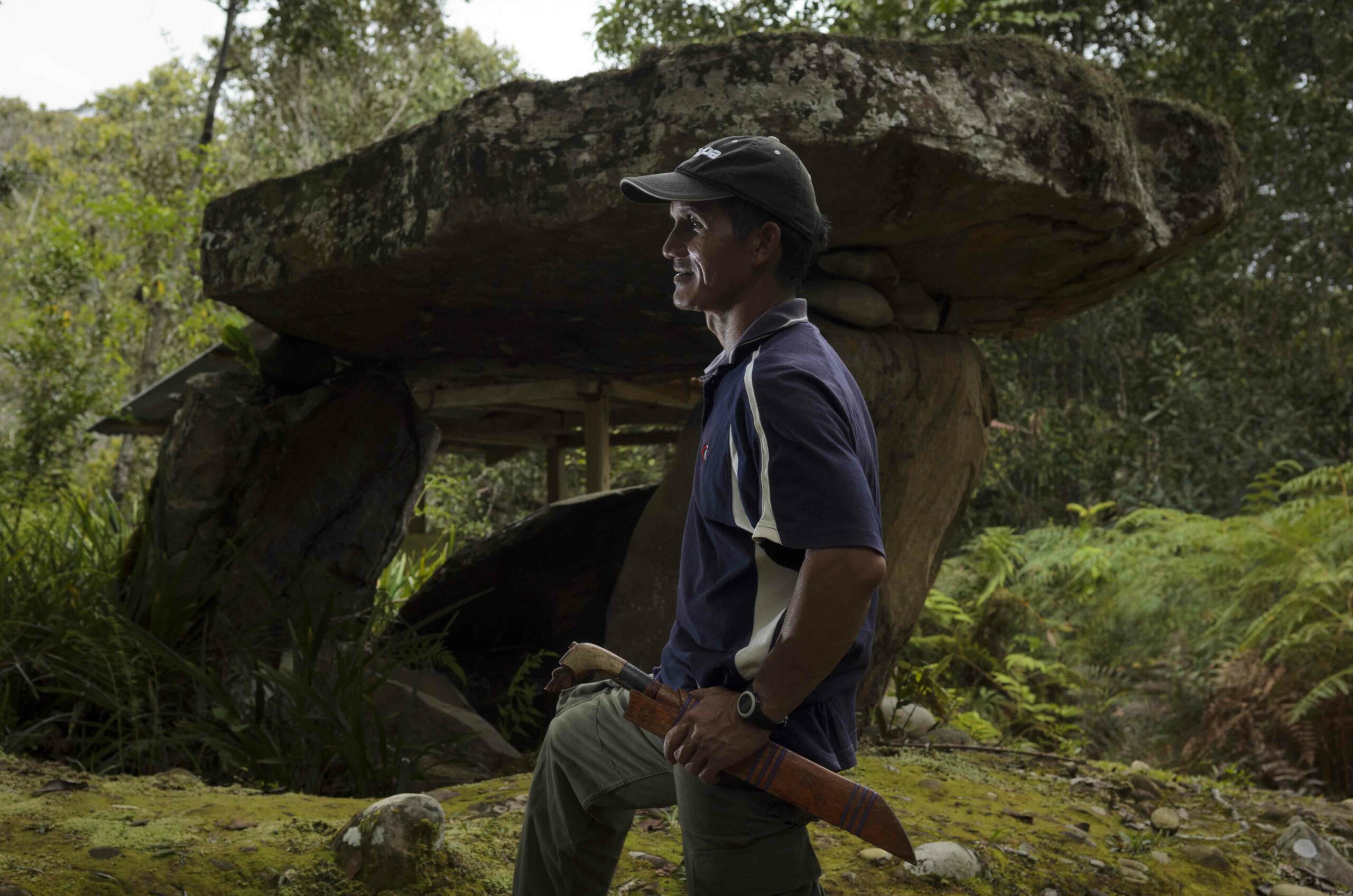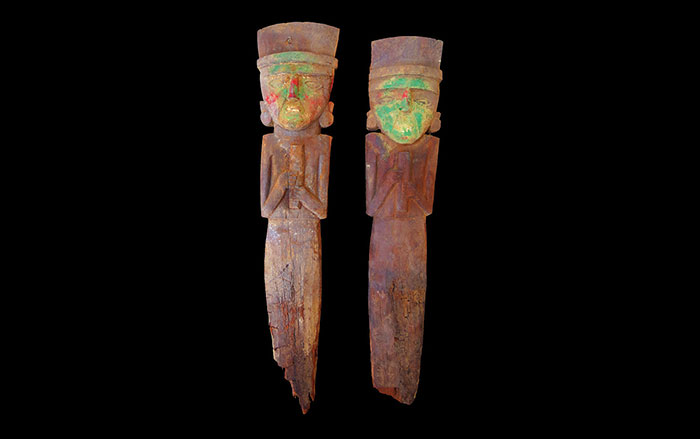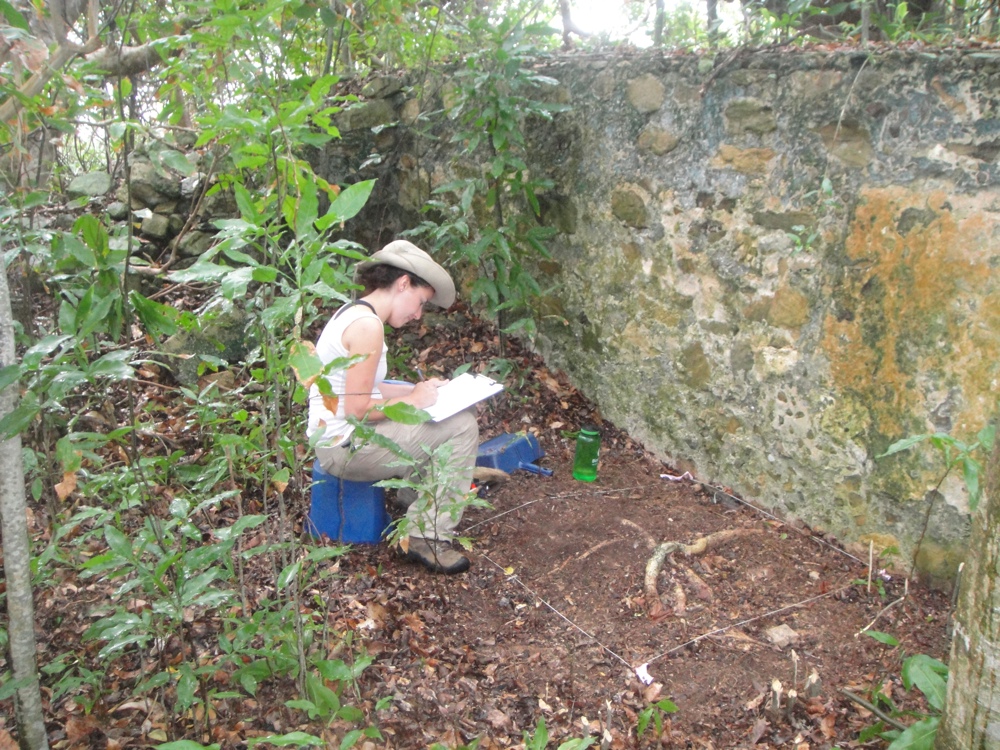
DEARBORN, MICHIGAN—Excavations in the British Virgin Islands have uncovered evidence of ritual practices of English plantation residents in the eighteenth century. At the first site, John Chenoweth of the University of Michigan-Dearborn and his team unearthed a cache of grape shot—small iron balls meant to be shot from a cannon—that had been buried in two postholes under a two-room sugar plantation house. Chenoweth thinks the iron grape shot may have served a magical purpose, since it was in short supply and valuable to the English who needed to protect themselves from the Spanish and were concerned about slave uprisings. On another island, the team recovered a whelk shell that had been modified to hold fish bones, pins, and the bones of a Puerto Rican racer snake. It had been placed in the foundation of another two-room plantation house, and resembles a witch’s bottle, found in England and America. Chenoweth told Live Science that witch’s bottles are “seen as an effort to protect the house against bad magic basically, spirits and spells that might seek to harm some of the occupants of the house.”



